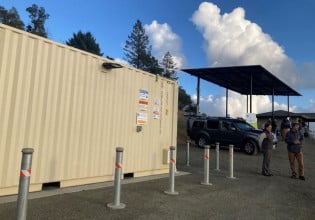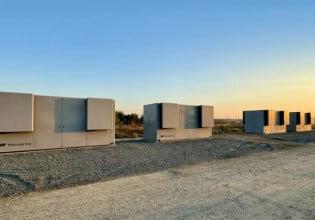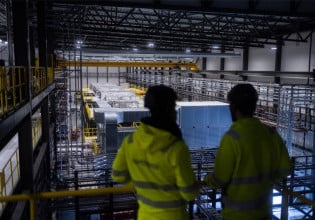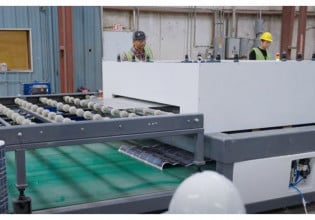ANSI EESCC Calls for Input on Efficiency Standards and Conformance Activities Relative to the Built Environment
The American National Standards Institute (ANSI) Energy Efficiency Standardization Coordination Collaborative (EESCC) has issued a general call for input regarding current or forthcoming standards, codes, guidelines, and conformance programs related to energy efficiency standardization in the built environment, as well as perceived gaps in the current energy efficiency standardization landscape. The EESCC is reaching out to individuals and groups in the larger standardization community and beyond, as well as to current EESCC members and organizations in the ANSI federation, to solicit input that will inform the development of a standardization roadmap advancing energy efficiency in the built environment.
The EESCC is a cross-sector initiative dedicated to increasing awareness, adoption, and implementation of standards, codes, and conformance activities among policy makers and the market through the creation of the roadmap.
The EESCC is looking to obtain as much information as possible in its EESCC Inventory Database by Monday, April 1. The database is intended to capture critical information that the EESCC and its five working groups will consider in developing the standardization roadmap. All stakeholders are encouraged to provide information on relevant documents, conformance programs, and gaps in advance of this date.
The EESCC roadmap will articulate the value of standardization programs related to energy efficiency in the built environment, and will help the private-sector standardization community and federal agencies focus their efforts on any identified gaps in this area. More than 50 member organizations involving over 130 experts from industry, standards and code developing organizations, energy efficiency–focused organizations, educational institutions, and other groups are currently involved in the effort.
The EESCC Inventory is not collecting the standards or documents themselves, but rather relevant information regarding such documents that will assist in the development of the roadmap. Individual product and appliance standards are out of scope; however systems-related standards covering communications between appliances and equipment are within scope.
The roadmap will focus on five identified areas of need, addressed by a working group (WG) for each area: WG1: Building energy and water assessment and performance standards (including diagnostic test procedures and health and safety testing); WG2: Systems integration and systems communications (encompassing communications between building automation/operation systems and equipment/appliances, both within single buildings and across facilities); WG3: Building energy modeling, rating, and labeling (includes whole building modeling, and rating and labeling for energy performance); WG4: Evaluation, measurement, and verification (encompassing EM&V; energy performance metrics; and standardized and portable data collection and reporting); WG5: Workforce credentialing (including standards for workforce training and certification programs, and workforce skills standards).






